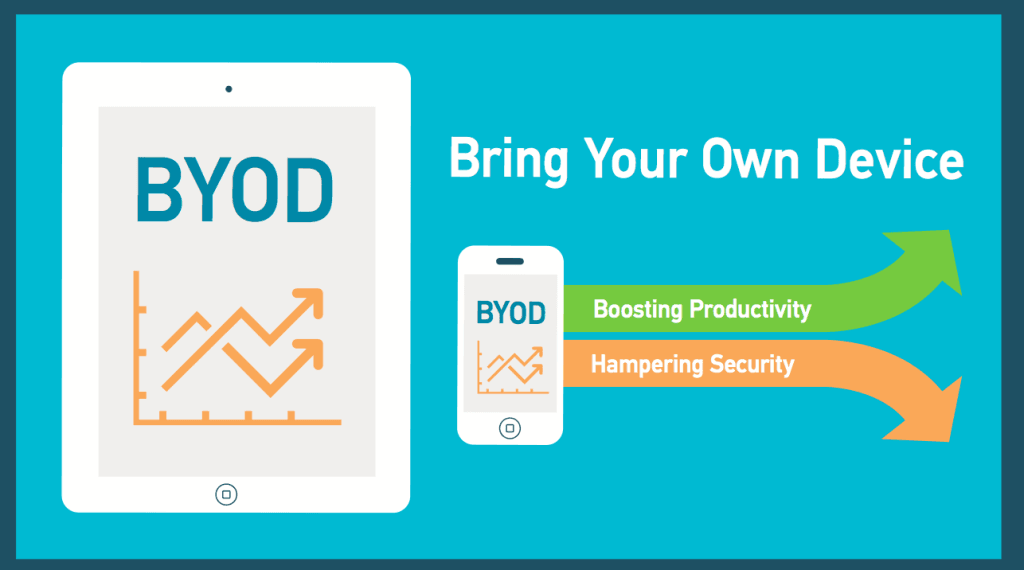How and why manage mobile devices of employees
More than 1.5 billion workers worldwide install corporate applications and email at their personal devices. And quite a few managers think about how to make effective and secure mobile operations of their employees. How to set up mobile access to corporate data in accordance with all information security requirements? What solutions are offered by IT companies today at the market of corporate mobile?
In 2017, 4.8 billion people are active users of mobile devices and apps. We can forecast that to 2020 this number will grow to 6 billion. E.g. in Russia, we shall have 371 million mobile devices with LTE or wi-fi access (more than 62% of runet traffic goes through mobile devices), according to RAEK; that is, every citizen has minimum 2-3 mobile devices, making Russia one of the leaders.
It’s natural that in such environment, the market of corporate mobile originated in our country in 2012-13 with new smartphones and moderate estimation of 3.2 million USD, grows very fast. J'son& Partners Consulting forecast the market CAGR at 110%, which makes it to 62.9 million USD to 2016. This is not the same for the market of corporate mobile software segment.
The problem is that Russia adopts the corporate mobile infrastructure popular in Asia: BYOD (Bring Your Own Device). Unlike Europe, where mobile devices are often purchased by company management, the business in Russia prefers to employ personal mobile devices for work. So it impedes establishment of full-scale mobile internal infrastructure in a company. First, top management and IT department cannot monitor who uses a personal mobile device for work. And second, attempts to centralize management of personal mobile devices encounter strong resistance of employees.

Then how to provide management of personal mobile devices?
We only see two solutions. The first one obviously is wide spread among big holding and corporate organizations. They usually purchase mobile devices for employees and install special software preventing confidential information disclosure. And the other solution is to centrally manage personal mobile devices with MDM-systems (Mobile Device Management). In fact, they develop a solution that helps install Windows/iOS business apps from a corporate application warehouse thus creating a secure environment. Employees can use work with corporate files, set up corporate email, and block the device if stolen or lost.

What this all for?
Why then we handle all this obstacles if can just prohibit employees to use personal mobile devices for work? But this is not that simple: the mobility of personnel keeps growing, and quite often they need access to corporate information at negotiations or at remote workplace. And in this case, the main requirement is not a comprehensive functionality but easy-to-use approach. Managers need to be able to process data or analyze information in two clicks – in a car, airplane, or at negotiations.
Mobile enterprise content management (ECM) systems (or mobile client for regular ECM’s) help not only review documents but also issue resolutions and instructions, approve documents and execute them. As a result, statistically 54% of companies use mobile devices for document processing.
The main requirement is to fine-tune interaction between diverse components of corporate IT infrastructure. For example, ERP integration with a mobile client app allows monitoring resource consumption, making reports – at any place and any time.
